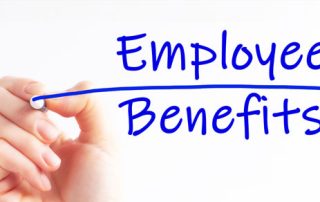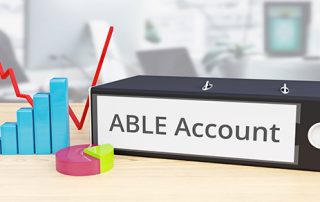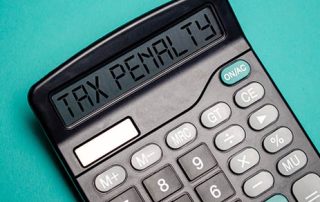Blog
Understand the Three Parts of Your Business Financial Statements
Financial statements tell investors information about an organization’s financial performance, helping to ensure corporate transparency and accountability. But they can also be used internally to help management make strategic decisions, improve upon past results and add value. There are three parts to comprehensive financial reporting under U.S. Generally Accepted Accounting
Tax Implications of Living in a Nursing Home
More than a million Americans live in nursing homes, according to various reports. If you have a parent entering one, you’re probably not thinking about taxes. But there may be tax consequences. Let’s take a look at five possible tax breaks. 1. Long-Term Medical Care The costs of qualified long-term
Estate Executor Responsibilities
If you’ve been asked to serve as executor of the estate of a friend or family member, be sure you understand the responsibilities and potential risks before you agree. Keep in mind that you’re not required to accept the appointment, but once you do it’s more difficult to extricate yourself
Hire a Qualified Auditor for Employee Benefit Plans
Does your organization offer health care and retirement benefits for its employees? Benefit plans with 100 or more participants are generally required to have their annual reports audited under the Employee Retirement Income Security Act of 1974 (ERISA). Here’s some guidance to help plan administrators fulfill their fiduciary responsibilities for
Deducting Business Start Up Expenses
Government officials saw a large increase in the number of new businesses launched during the COVID-19 pandemic. And the U.S. Census Bureau reports that business applications are still increasing slightly (up 0.4% from April 2023 to May 2023). The Bureau measures this by tracking the number of businesses applying for
Consider an ABLE Account for Family Members with Disabilities
If you have family members with disabilities, there may be a tax-advantaged way to save for their needs — without having them lose eligibility for the government benefits to which they’re entitled. It can be done though an Achieving a Better Life Experience (ABLE) account, which is a tax-free account
Financial Forecasts Versus Projections
Businesses are rightly encouraged to regularly generate professionally prepared financial statements. Doing so is important for both understanding your own financial position and providing accurate, comprehensive information to stakeholders such as investors, lenders and advisors. However, keep in mind that financial statements are historical records. They depict the state of the
Businesses Beware of the Trust Fund Recovery Penalty
If you own or manage a business with employees, there’s a harsh tax penalty that you could be at risk for paying personally. The Trust Fund Recovery Penalty (TFRP) applies to Social Security and income taxes that are withheld by a business from its employees’ wages. Trust Fund Recovery Penalty
Foreign Homes and Estate Plans
Don't overlook foreign assets when planning your estate. If you own real estate outside the U.S., you should address the assets in your estate plan. But watch out for double taxation. There's that risk if the assets are subject to estate, inheritance or other death taxes in the country where
Tax-Basis Reporting is Making a Comeback for Some Small Businesses
Accrual-basis financial statements are considered by many to be the gold standard in financial reporting. But with the increasing cost and complexity of today’s accounting rules — in particular, the updated lease guidance that went into effect last year — some private companies are seeking a simpler alternative to U.S.










